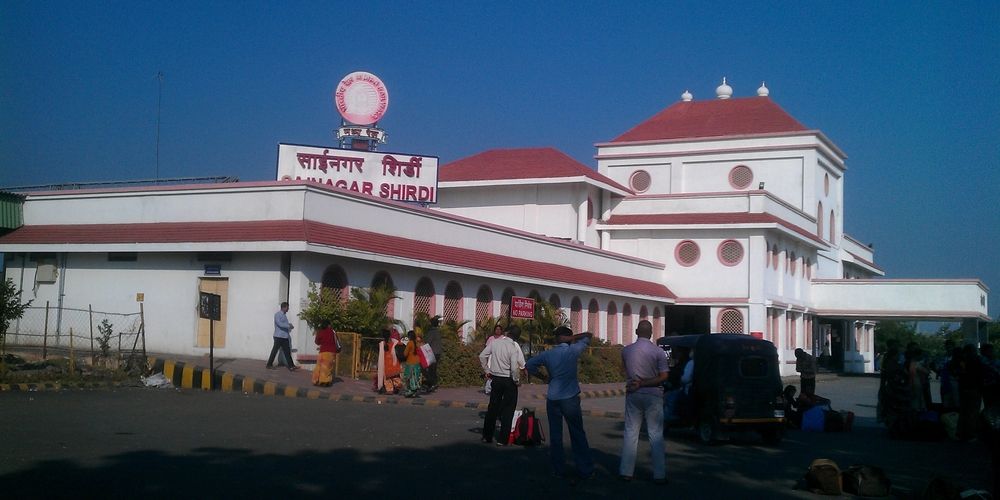The Rise of Sahakarana Kitchens and Their Impact on Society
In a groundbreaking initiative, collective kitchens are gaining momentum in Kerala, bringing communities together and transforming the way food is prepared. The concept, first introduced by a working couple in Ponnani, has now spread to various regions, including Chevarambalam, Kozhikode. These collective kitchens, known as "sahakarana kitchens," aim to address the time constraints faced by busy individuals and families. By centralizing cooking activities in designated locations, office-going couples can save valuable time and focus on their professional commitments. Moreover, the sahakarana kitchens provide a steady source of income for local individuals, predominantly women, who are responsible for cooking and delivering homely meals to the participating families. The menu, prepared under the direct supervision of the families, offers a variety of traditional dishes for breakfast and lunch, ensuring a wholesome culinary experience. The benefits of collective kitchens extend beyond time and cost savings. By sharing resources and responsibilities, these kitchens significantly reduce organic and inorganic waste generated by households. In fact, the Chevarambalam kitchen has implemented a vermi-composting unit, further promoting sustainability. The concept of collective kitchens holds promise for an aging society, providing the elderly with not only nutritious meals but also fostering social connections. With its health benefits, careful ingredient selection, and removal of menu-planning burdens, sahakarana kitchens offer a holistic approach to food preparation. As the movement gains traction in various regions, collective kitchens are poised to revolutionize the way communities cook and eat. With their potential to unite people, empower local individuals, and promote sustainable living, collective kitchens may soon become a common sight across Kerala and beyond.

